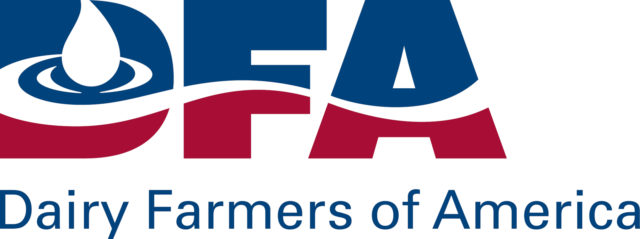The bill is the first House-passed agricultural labor reform since a comprehensive immigration plan in 1986 and includes critical provisions to address dairy’s unique workforce needs, according to the National Milk Producers Federation (NMPF).
“The passage of legislation that helps address dairy’s unique workforce challenges is certainly a milestone and an opportunity we must pursue to the fullest,” said Jim Mulhern, president and CEO of NMPF. “Agricultural labor reform is long overdue. With today’s action, it is now imperative that the Senate act to fully address the needs of dairy farmers and all of agriculture, helping farmers do what they do best: feed our nation and the world.”
“The urgency to reform the agricultural labor system cannot be overstated for dairy farmers,” said Mike McCloskey, dairy farmer and chair of NMPF’s Immigration Task Force. “We will use this momentum to work with the Senate to build consensus in drafting an improved bill that further addresses dairy’s workforce needs.”
Among its provisions, the bill would provide a path to legalization for current farmworkers and expand the H-2A foreign guest worker program. The Cato Institute, whose analysis estimated the bill “would have saved H-2A farmers in 2019 about $324 million in labor expenses for H-2A workers alone,” said the bill would “substantially reduce the illegal market for labor and increase agricultural production, without harming U.S. workers.”
More than 300 dairy, agriculture, business and agriculture-allied organizations urged House leaders in mid-November to bring the bill to the floor for a full House vote, while more than 80 immigration and labor advocacy organizations called on their representatives to support the measure.
“We are one step closer to solving the labor crisis facing agriculture in Idaho,” said Idaho Dairymen’s Association (IDA) CEO Rick Naerebout said. “This is a good conservative approach to fixing our immigration issues and guaranteeing a legal workforce to ensure an abundant, safe and affordable food supply.”
“The bill comes at a time of major challenges for our dairy farmers as they struggle to find and keep skilled employees,” said Brody Stapel, president of Edge Dairy Farmer Cooperative and a dairy farmer in eastern Wisconsin. “Changes in demographics, labor patterns and the nature of the jobs have made it impossible for farmers to fill all available positions with American citizens.
“Unfortunately, the existing immigrant ag labor rules, which focus on seasonal work, are unworkable for year-round dairy farming. This bill would provide a way to safeguard our existing workforce and create a process for recruiting new employees,” Stapel said. “While certain items are not ideal, this compromise bill may be the best opportunity in the foreseeable future for a labor solution for our farmers. We urge the Senate to take up the bill, address potential improvements and move legislation forward.”
“We can no longer function without the necessary workers required to take care of our animals and tend to our crops,” said Seth Bahler, owner of Oakridge Dairy Farm in Connecticut. “The Farm Workforce Modernization Act addresses the workforce needs for our dairy, and we support this legislation and are excited about this bill.”
The National Farmers Union President Roger Johnson applauded the bill’s passage and urged the Senate to continue working on solutions for agricultural labor issues.
“Our current farm labor system is badly broken,” Johnson said. “It’s a time-consuming, convoluted and restrictive process for farmers and ranchers, who often don’t have the time to spare, and it’s a dead end for farmworkers, who currently have no straightforward path for longer-term employment or legal status."
While saying the legislation is a significant step to address agriculture’s labor needs, New York Farm Bureau President David Fisher said his organization would advocate for changes to improve the legislation as it moves to the Senate. Those changes include addressing the cap on year-round guest worker visas, ensuring a fair and competitive wage rate and establishing a workable threshold for agricultural employment. ![]()

-
Dave Natzke
- Editor
- Progressive Dairy
- Email Dave Natzke






